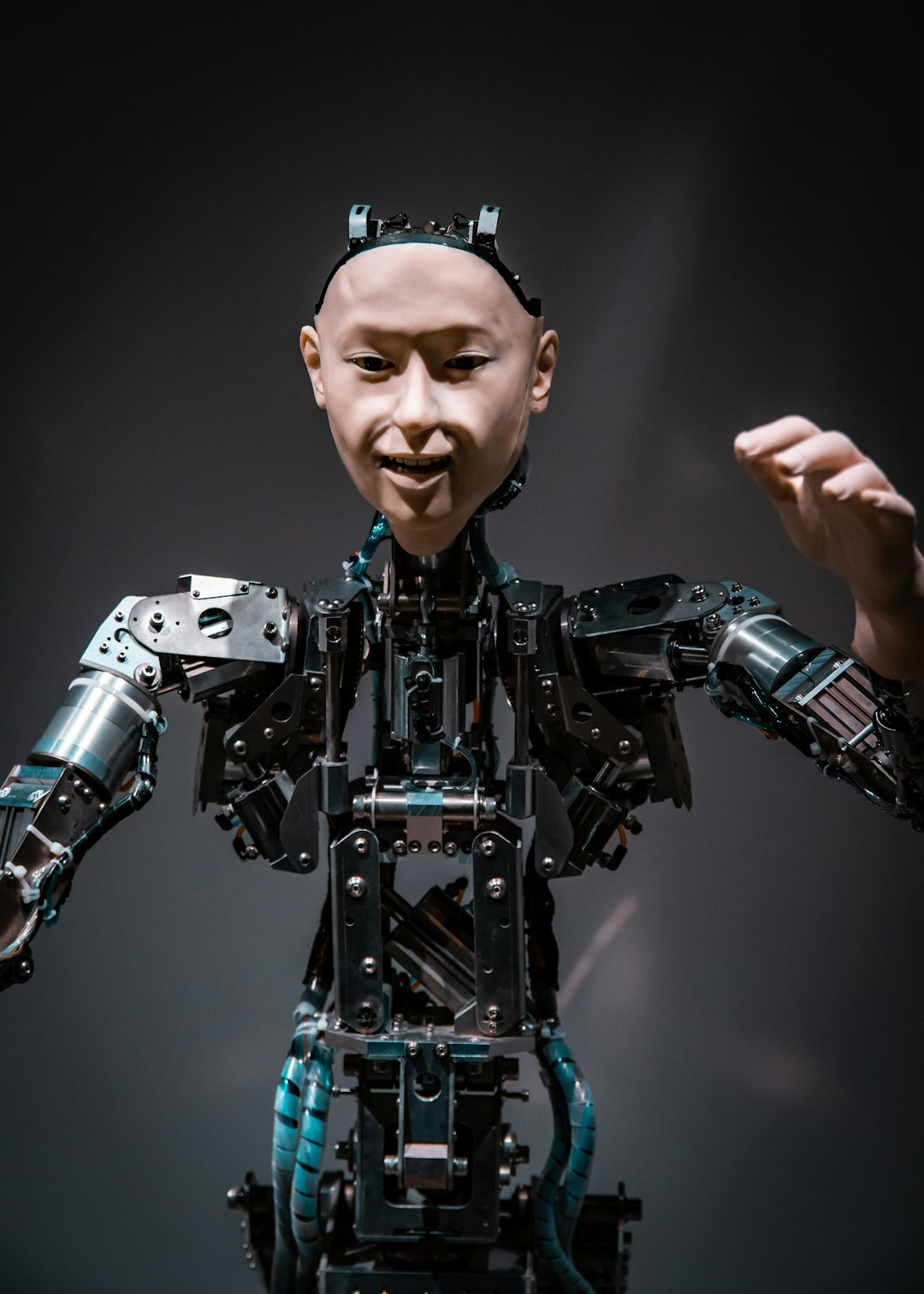
Revolutionizing Industry Efficiency with AI-Powered Automation Solutions
In today’s fast-paced world, businesses are constantly seeking methods to enhance efficiency and productivity. One of the most transformative advancements in this endeavor is the integration of AI-powered automation solutions. These technologies not only streamline operations but also reduce costs and improve accuracy across various industries.
Understanding AI-Powered Automation
AI-powered automation refers to the use of artificial intelligence technologies to automate tasks that traditionally required human intervention. This can include data entry, customer service, inventory management, and even complex decision-making processes. By leveraging machine learning, natural language processing, and robotics, organizations can significantly reduce the time and resources spent on repetitive tasks.
Current Developments in AI-Powered Automation
Recent developments in AI technology have led to remarkable advancements in automation solutions. For instance, the emergence of RPA (Robotic Process Automation) tools allows businesses to automate rule-based tasks without altering existing systems. Companies like UiPath and Automation Anywhere are at the forefront, providing platforms that enable organizations to deploy bots that can mimic human actions.
Moreover, the integration of AI into these automation solutions allows for enhanced capabilities. Intelligent automation systems can learn from data patterns and make informed decisions, adapting to changing circumstances in real time. This adaptability is crucial for industries such as manufacturing and logistics, where operational efficiency can be the difference between success and failure.
Practical Applications of AI-Powered Automation
AI-powered automation is making waves across various sectors:
1. Manufacturing
In the manufacturing sector, AI-driven robots are increasingly used to handle repetitive tasks such as assembly, quality control, and packaging. Companies like Siemens have implemented AI to optimize production lines, resulting in reduced downtime and increased throughput.
2. Healthcare
The healthcare industry benefits immensely from AI automation, particularly in administrative tasks. Automated patient scheduling and billing systems reduce the workload on staff while improving patient experience. For example, Mayo Clinic utilizes AI algorithms to streamline patient data processing, allowing healthcare providers to focus on delivering quality care.
3. Customer Service
In customer service, AI-powered chatbots have become indispensable. By handling common inquiries and issues, these bots free up human agents to tackle more complex cases. Brands like Sephora and H&M have successfully integrated chatbots into their customer service strategies, significantly improving response times and customer satisfaction.
4. Supply Chain Management
AI plays a critical role in supply chain management by automating inventory tracking and order fulfillment. Companies like Amazon leverage machine learning algorithms to predict demand and optimize stock levels, ensuring that products are available when customers need them.
Emerging Trends in AI-Powered Automation
As AI technology continues to evolve, several trends are shaping the future of automation:
1. Hyperautomation
Hyperautomation refers to the combination of advanced technologies, including AI, machine learning, and RPA, to automate as many business processes as possible. This trend emphasizes the need for end-to-end automation across various departments, driving efficiency to new heights.
2. AI Ethics and Governance
With the increasing reliance on AI, ethical considerations surrounding data privacy and algorithmic bias are paramount. Organizations are now prioritizing the establishment of governance frameworks to ensure responsible AI usage.
3. Integration with IoT
The integration of AI-powered automation with Internet of Things (IoT) devices is revolutionizing industries. For instance, smart factories utilize IoT sensors to gather data, which AI systems then analyze to optimize processes and predict maintenance needs.
Expert Opinions
According to industry experts, the potential of AI-powered automation is vast. “Automation is not just about replacing human effort; it’s about augmenting it,” says Dr. John Smith, a leading researcher in AI technology. “The goal is to create a harmonious collaboration between humans and machines, where each can perform tasks that they are best suited for.”
Conclusion
AI-powered automation solutions are undeniably revolutionizing industry efficiency. By embracing these technologies, organizations can streamline operations, reduce costs, and improve customer satisfaction. As AI continues to advance, the possibilities for automation will only expand.
For those looking to delve deeper into AI-powered automation, consider exploring resources such as McKinsey’s insights on AI or Gartner’s research on automation.
As AI continues to shape the future of industries, staying informed and adaptable will be key to harnessing its full potential. Don’t forget to share this article with others who may benefit from understanding how AI-powered automation can transform their businesses!


